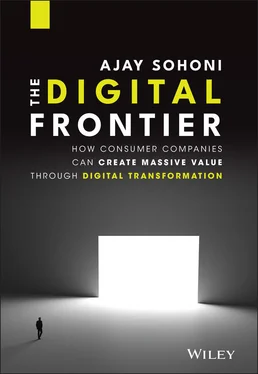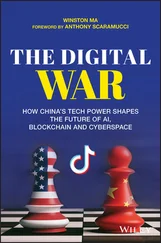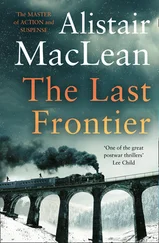Four years on, it was early September and this time I was at a conference room near downtown Singapore. It was warm as usual, as it is all year round in Singapore, and the neighborhood was bustling with road closures and the signs of impending activity in preparation for the Formula 1 Grand Prix, which was a couple of weeks away. For a weekend, the downtown streets transform into a racing track for some of the world's fastest and loudest cars, nothing short of a modern‐day marvel. On one of the higher floors of this 70+ storey hotel, some of the Coca‐Cola company's brightest and most creative minds were gathered to talk about, among other things, what the brand ought to mean for consumers. There were presentations and ideas galore, and constructive debate, and then in the midst of it all – the most senior leader in this meeting rolled up his sleeves and walked over to the flipchart. What followed was an unforgettable 30‐odd minute one‐on‐one on brand Coke, its history of campaigns, its changing role in consumers’ lives over the last few decades, the product's chemical composition and the role each ingredient played physiologically, the different ways in which the brand's own identity and ethos was inextricably linked to the science of the product but extended far beyond the product itself, the implicit lifestyle choices and personal statement a consumer made when he selected that can from the shelf. It was almost like he was reminding us to make choices that lived up to the 130+ year history of the company. I remember thinking why they hadn't taught us that in business school and there was a lesson in this too. There is simply no substitute for experienced leadership, and an understanding of the ways of the world accumulated over decades of experience. We stand to gain much more from bringing our senior leaders up to speed on digital than from putting “guys who can code, who read Wired magazine and whose LinkedIn status says serial entrepreneur” into leadership roles. Transformation qualities learnt: Deep consumer understanding and corporate legacy.
Knowledge and understanding are distinct and different but often used interchangeably. This book is not about knowledge, it's about understanding. Epistemologically, knowledge has an obligation to be rooted in truth, and in a marketplace for goods and services which is now made especially complex by fast‐changing and hard‐to‐fathom technology, it's impossible to discern the truth. If it exists that is. So, I can't necessarily share any knowledge on digital transformation; I can, however, offer my own understanding of it and that is what this book is about. As I went through the chapters I took on one topic at a time and just wrote up how I understood it. And, in writing it up I am passing it on to you for you to take and process and to develop your own understanding on the topics I write about. Success for this book would be you feeling a lot more at ease with the changes involving digital transformation after you're done reading it.
And then there is fun, I want you to have fun reading this book. I love a dark joke, a good meal, a shocking movie, an emotional song, a stiff drink, a long run, a convoluted story, and most importantly I love not taking serious things seriously. So, I've tried to make this severe‐sounding topic of digital transformation fun to digest and I want you to get a good laugh out of it. So go ahead and dive right in!
I would like to start off by thanking my wife Eun Joo for suggesting writing this book in the first place and for her continued counsel as I worked through it. My little daughter Ira, for her wide‐eyed curiosity for what Baba was up to, hammering away at his laptop early morning and late night. The thought of walking her into a bookstore someday and showing her the book that her daddy wrote has been motivation enough!
I'd like to thank my father, who was the first person to read the drafts and who suggested I write bits of fiction within the book, which I did, my mother and my sister for the constant positive reinforcement. My brother‐in‐law Yashodeep, and close friends Mihir and Leslie for taking the time to read through the draft in meticulous detail and for making game‐changing suggestions.
In my Coca‐Cola family, I'd like to acknowledge Iain McLaughlin for pushing me to publish the book, Claudia Lorenzo for allowing me to spend the time I needed on the book, Belinda Ford for reading through and surfacing questions I would not have seen otherwise.
And finally, I would like to thank the leaders and colleagues at Coca‐Cola, Lazada‐Alibaba and McKinsey for being incredible teachers and allowing me to learn the things that formed the foundations of this book.
Конец ознакомительного фрагмента.
Текст предоставлен ООО «ЛитРес».
Прочитайте эту книгу целиком, купив полную легальную версию на ЛитРес.
Безопасно оплатить книгу можно банковской картой Visa, MasterCard, Maestro, со счета мобильного телефона, с платежного терминала, в салоне МТС или Связной, через PayPal, WebMoney, Яндекс.Деньги, QIWI Кошелек, бонусными картами или другим удобным Вам способом.












